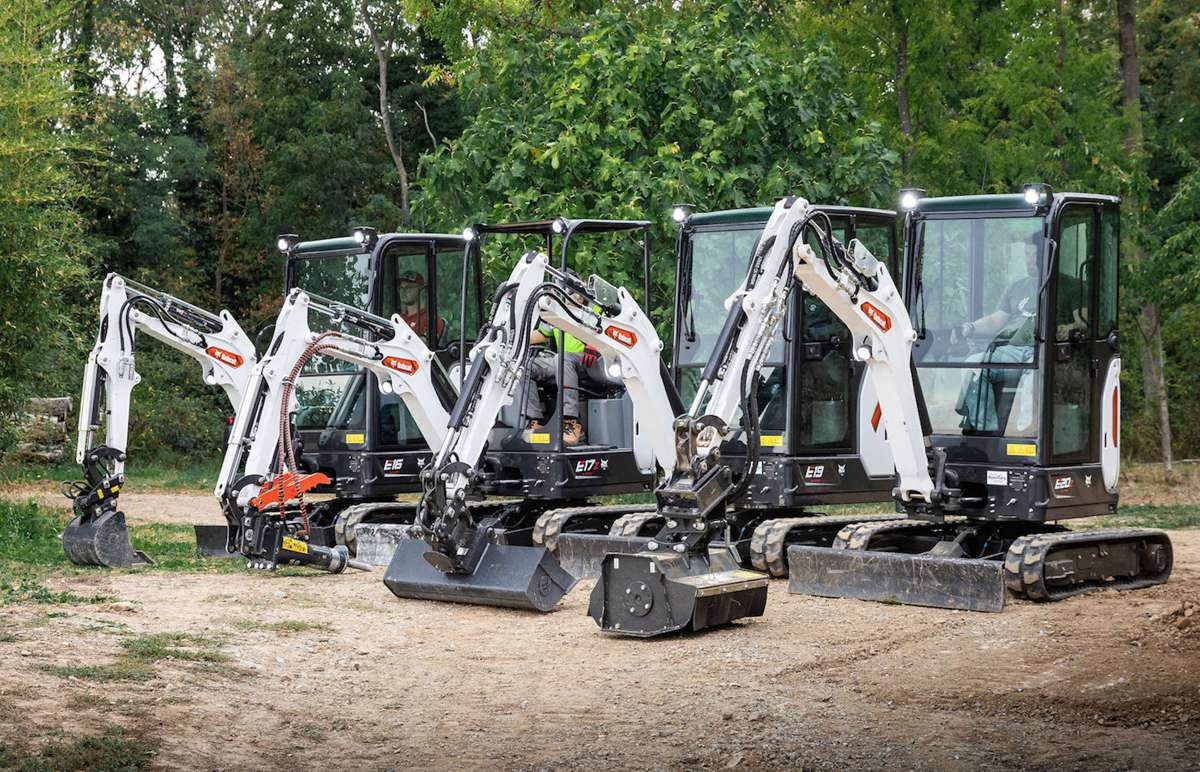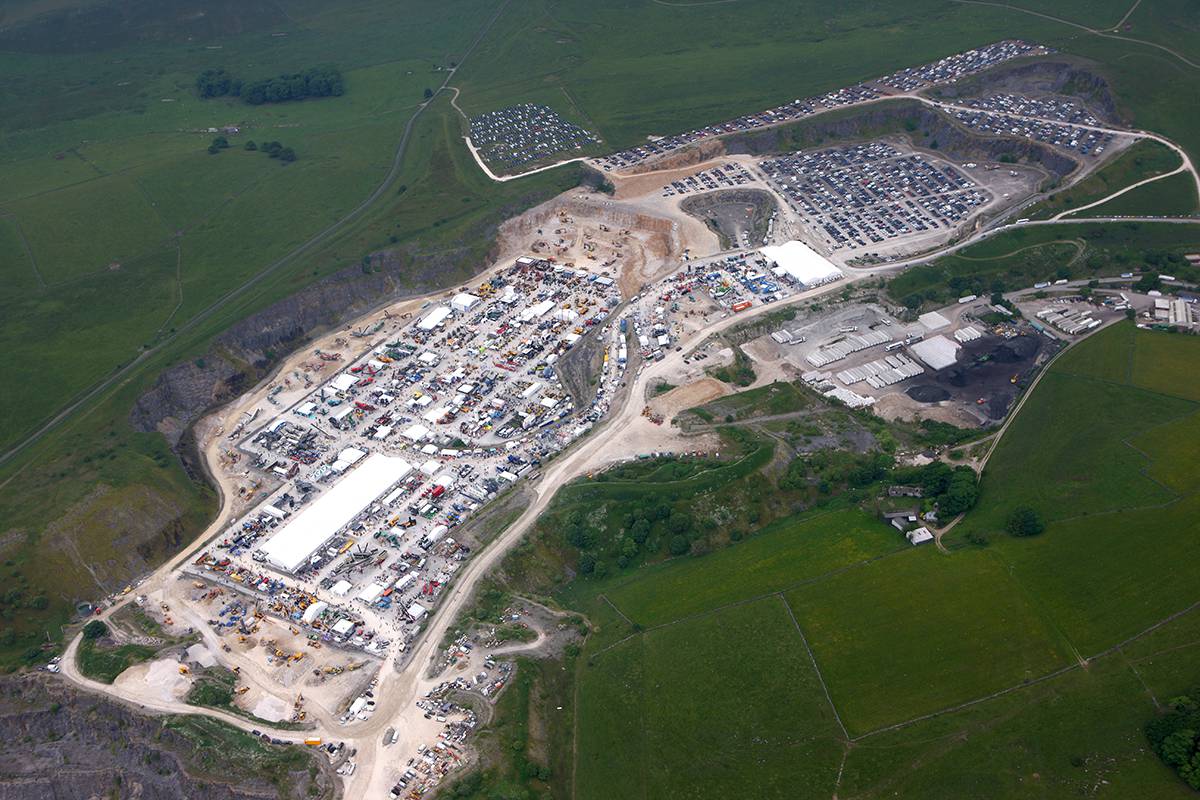DCW Insights looks at the future of property forecasting
The history of property forecasting is certainly complex; until the 1980s, it’s been said that this was largely based on intuition and instinct, with technological innovations later steering property forecasting into the realms of quantification and thorough analysis.
We now rely on data sets, statistical procedures and numerical insights to determine the future of our sector, public demand and the profitability of a project. However, with Covid-19 sending the property industry into a spin, the future of property forecasting is now looking rather different. As our priorities have changed, so too will the ways by which we determine need, demand, suitability and success.
To help you understand what the future of property forecasting looks like, Dean Ward, Managing Director of the DCW Group shares his expertise here:
“As the owner of a property consultancy and with over 18 years of industry experience, Dean understands how the sector is changing and which new forecasting developments promise to continue aiding businesses’ success.
“Meanwhile, as the creator of DCW Insights, a brand-new due diligence platform which connects users with vital property information, including planning insights and guidelines, the identification of viable development opportunities, detailed demographic analyses, project management functionality and more, Dean is undoubtedly familiar with the technology that’s shaping the future of property and how developers operate. Now, he’s discussing the changes and trends we can expect to see over coming months.”
1. The end of 2021 will be tough, collaboration will be key.
“Unfortunately, lots of property portals at the moment are providing somewhat of a false positive with regards to the housing market; many are suggesting that we’re seeing significant growth as property prices and sale numbers rise at an unprecedented rate but, unfortunately, this isn’t the case. Most property portals actually rely on estate agents’ insights, more specifically listed property values, as opposed to actual sales prices. This means that any of their subsequent predictions surrounding the future of property and buyers’ trends aren’t entirely reliable.
“Sadly, in reality, the rest of this year won’t be as positive as these insights might suggest… Over coming months, as businesses who have taken bounce-back loans to survive the pandemic begin to issue repayments, we’ll see a large number of companies collapse. Meanwhile, buyers won’t have deposits to rely on, having used these throughout lockdown whilst many of us have been without an immediate income. The end of this year will be difficult and we need to be aware of this, doing all that we can to protect our housing market.
“This reality will permanently change our approach to forecasting within the world of property; collaboration will be the key to our industry’s recovery and in the future, this will be no different. We will rely on one another more, will always endeavour to be prepared for the unexpected and our projections will come to be increasingly resilient and reflective of the wider industry, instead of our own books and budgets in isolation.”
2. Machine learning will lead the way.
“Machine learning occurs when artificial intelligence has been implemented within a system, giving it the ability to learn and improve from experience, instead of having to be explicitly programmed. I foresee this becoming a prominent part of property forecasting over coming years. For example, I am the founder of DCW Insights, a unique, brand-new due diligence platform which houses all of the information developers could need under one digital roof; from local planning permission to project management solutions, this tool is all-encompassing and promises to enhance a business’ efficiency and profits. Instead of waiting months to receive insights form a range of sources, I’ve streamlined the process.
“My next step is to incorporate machine learning; our industry is constantly changing and to keep up, platforms which source and house vital data must be able to operate independently. This way, you’ll know you’re being connected with up-to-date, reliable data 24/7.
“As the pandemic threw us into a world of uncertainty overnight and local authorities for example suffered immense delays in providing planning feedback as a result, this need became increasingly clear. In any event we should be able to rely on the technology that’s shaping our industry – machine learning will allow us to do that.”
3. Technology will become more commonplace, alongside intuition.
“Our industry is known to be traditional and lots of developers and contractors remain a little apprehensive about relying too heavily on technology. Intuition is a huge part of our business and numbers can sometimes feel detached from the personal nature of property development.
“However, over coming months technology will become more commonplace as the benefits of due diligence platforms prove to be undeniable. Although, this won’t mean we no longer rely on our own instincts; we know what works for our business and technology should only support this.”
4. Local demographics will become a top priority.
“The Covid-19 pandemic changed the needs of buyers drastically; many have had to use their deposit savings in replacement of immediate incomes and with working from home becoming a long-term reality for lots of professionals, the need for parking will become less of a leading priority.
“In any instance, buyers’ budgets are more fragile meaning we cannot frivolously build developments with the assumption that they’ll sell. Instead, local demographics will become a leading priority; we’ll be led by insights into the people living nearby, including how much they earn, how their needs have changed and what they need from a new home.”
5. The data we rely on will expand.
“As technology begins to lead the way and, in an effort to make more informed predictions and estimates, the data we rely on will expand.
“No longer will we solely rely on insights from local authorities, instead, we’ll be encouraged to utilise data from fellow local developers to ensure mutual success, insights into changes within the local area pre- and post-Covid and more.
“Ultimately, our due diligence will become more intricate as we endeavour to avoid any further hiccups or delays whilst we work to overcome the obstacles ensued by Covid-19.”





























